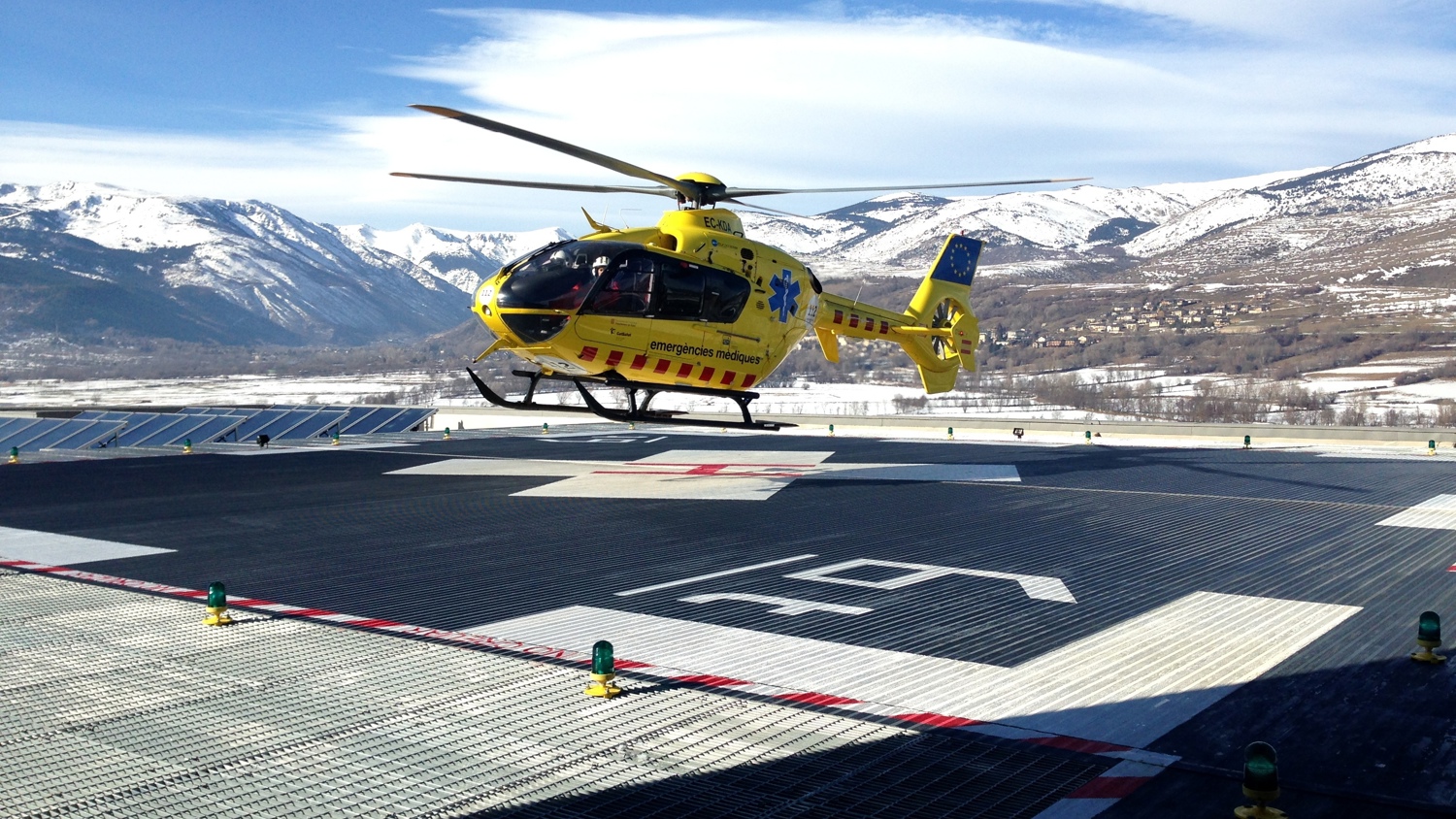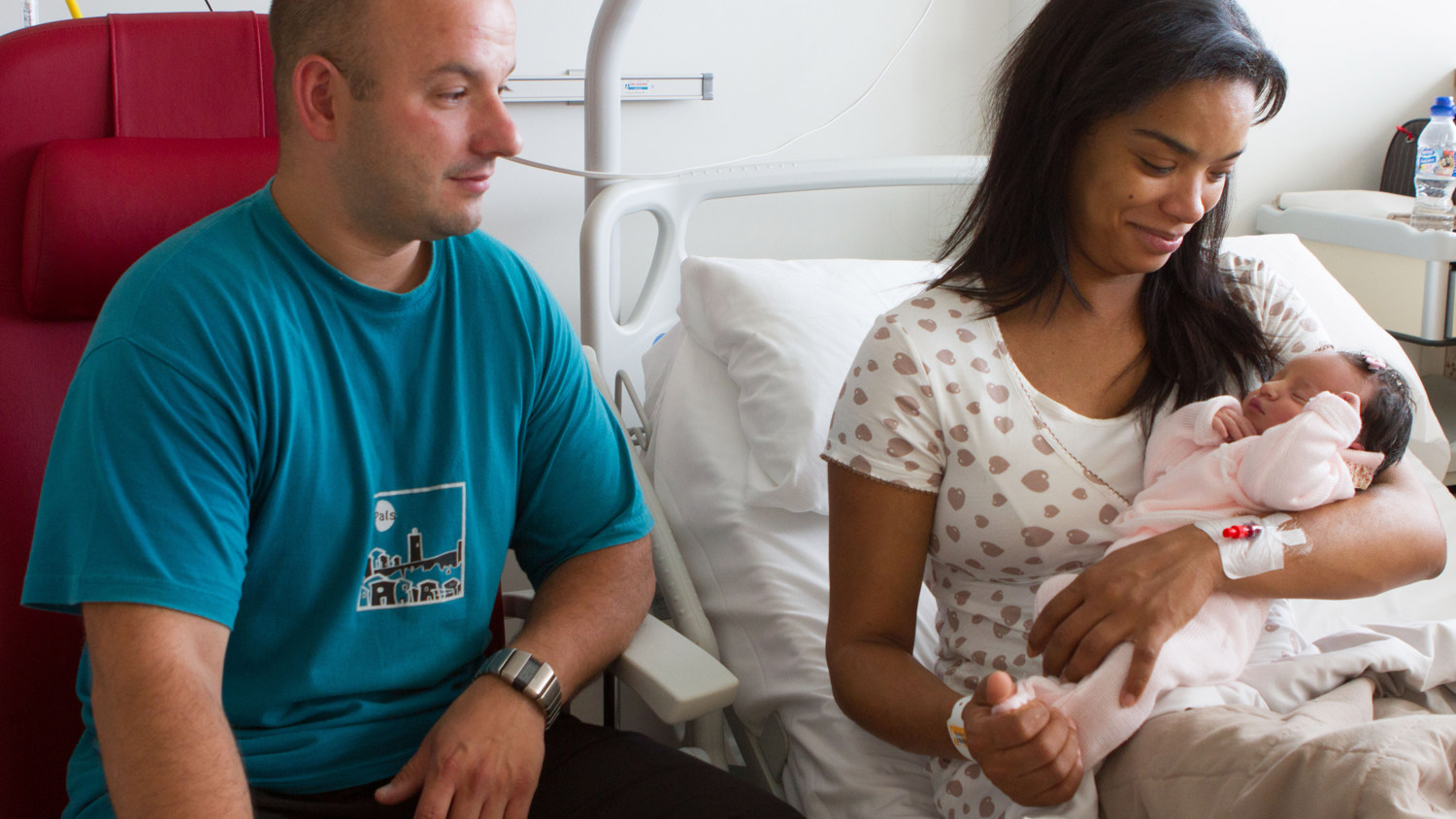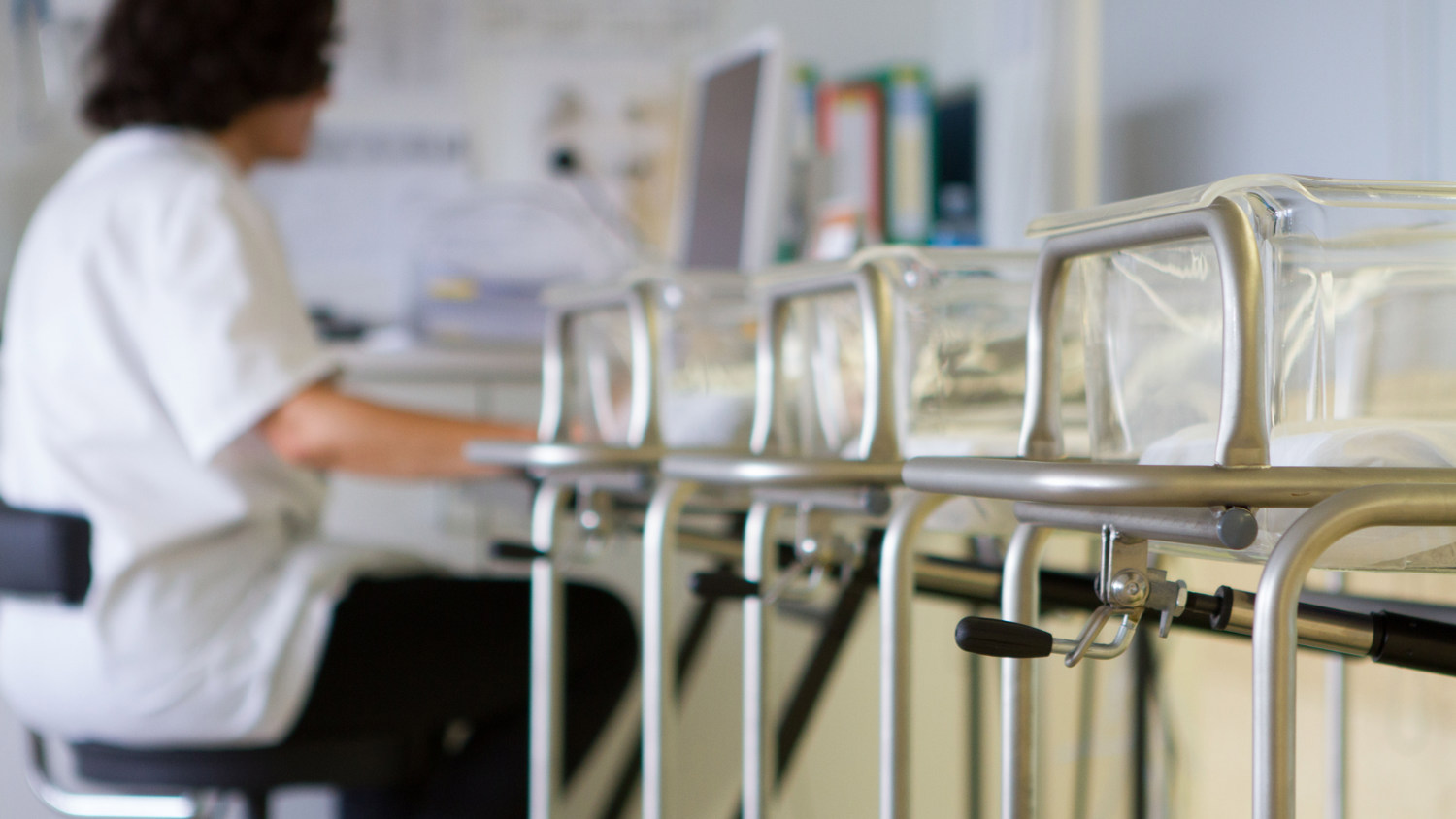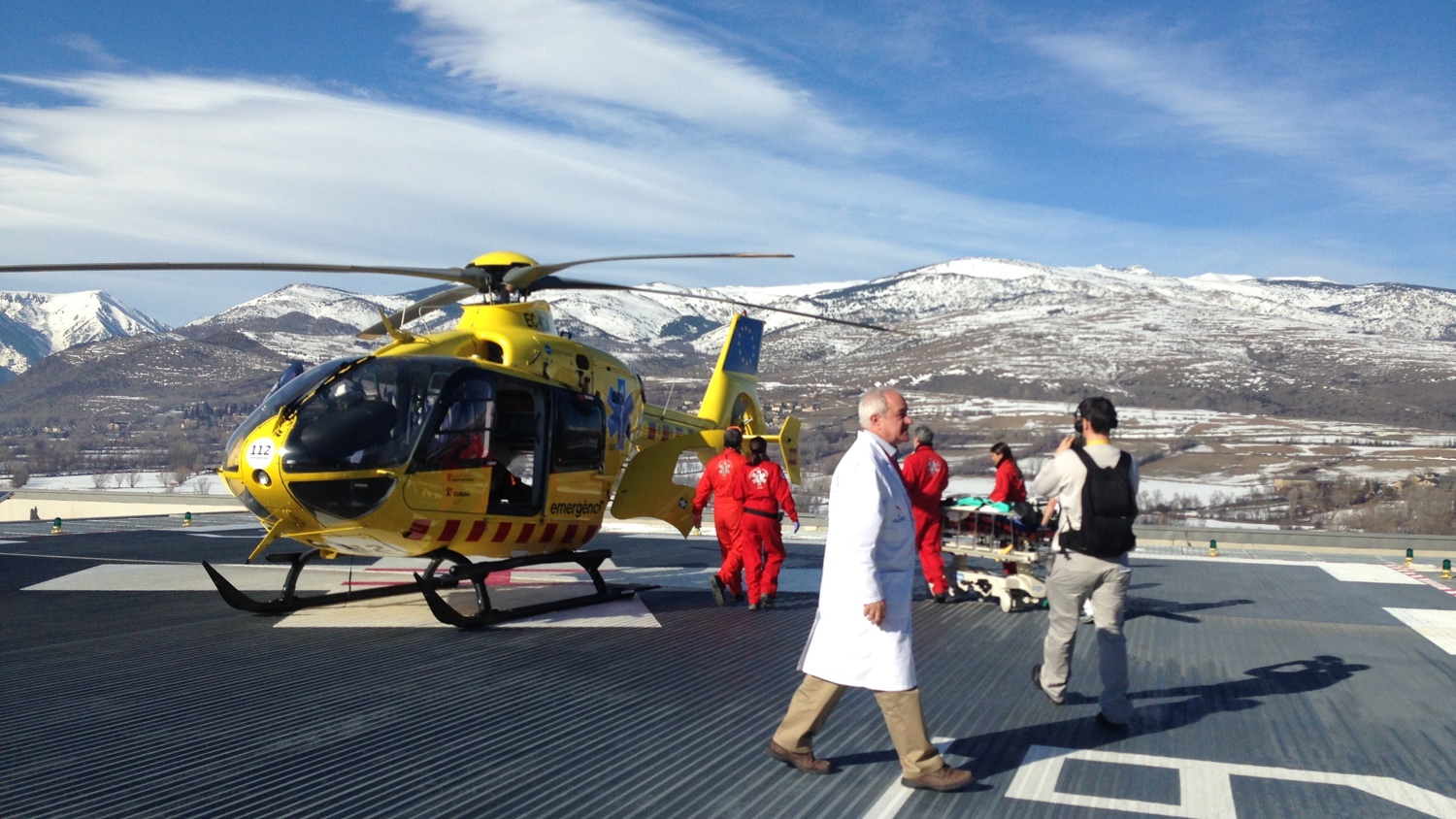
Cerdanya Hospital: Europe’s first cross-border hospital serving Spain and France
Perched on a 1 300-meter plateau in the heart of the Eastern Pyrenees, Cerdanya Hospital stands as Europe’s first cross-border hospital, serving both Spain and France. It was co-funded by the Interreg POCTEFA programme. Based in Puigcerdà, Spain, and managed jointly by the Catalan Health Department and the French Ministry of Health, this innovative facility embodies international cooperation and is a lifeline for the isolated Cerdanya region.
A Unique hospital for a unique area
The Cerdanya area is surrounded by rugged massifs and has long been challenging to access from both sides of the border. While Barcelona and Perpignan are just two hours away in good weather, snowy and winding mountain roads often leave the plateau isolated during winter.
Before Cerdanya Hospital opened in 2014, healthcare options in the area were limited. On the Spanish side, locals relied on a hospital in Puigcerdà founded more than 800 years ago, while the French side had no comparable medical facility. This disparity led to dangerous situations, particularly for expectant mothers.
Cross-border collaboration: born from necessity
The idea of a cross-border hospital began with the need for maternity care. In the early 2000s, the only maternity hospital on the French side of Cerdanya closed, forcing women to travel over 100 kilometers to Perpignan. ‘Many women gave birth on the road,’ recalls Dr. Anna Bragulat, Head of Gynecology and Obstetrics at Cerdanya Hospital. Emergencies often brought these women to the old Puigcerdà hospital, sparking an agreement in 2001 to allow French women to give birth there.
Marie Harran, one of the first French mothers to benefit from this agreement, chose to deliver her child in Puigcerdà. ‘It was winter, and I wanted to avoid the snowy road to Perpignan,’ she explains. ‘I received the same care and conditions as I would have in France.’ This partnership laid the foundation for Cerdanya Hospital’s eventual creation.
Innovation in cross-border healthcare
When Cerdanya Hospital opened its doors, it expanded its services far beyond maternity care. Today, it offers a wide range of specialties, treating patients from both Spain and France. Childbirth remains one of the most common reasons French patients visit the hospital, with 40% of births involving French mothers in recent years.
The hospital’s bilingual staff and cross-cultural training play a crucial role in building trust. Dr. Bragulat remembers attending a French mother who had arrived unexpectedly in labor. 'She was scared to give birth abroad, but when she realized we spoke French and knew what we were doing, she relaxed,' Dr. Bragulat recalls. This seamless integration of cultures has been key to the hospital’s success.
Overcoming challenges through collaboration
Cultural and procedural differences between Spanish and French healthcare systems posed challenges. 'In France, care focuses on making the patient autonomous,' explains Maria José Esteva, Director of Nursing. 'In Spain, we consider the patient’s family and teach them how to provide support.'
Staff have worked tirelessly to harmonise procedures, choosing the most advanced and secure practices from each system. Esteva emphasises the benefits of this collaboration: 'By pooling knowledge from both sides of the border, we improve enormously.'
The hospital also serves as a model for administrative cooperation. Since 2016, an agreement between France and Spain has allowed for simplified repatriation of deceased nationals, a process that once required significant bureaucracy.
A blueprint for cross-border healthcare
Cerdanya Hospital is part of a broader movement in cross-border healthcare, inspired by earlier successes like those on the Franco-Belgian border. There, similar partnerships have allowed 20,000 patients annually to access medical care across borders without administrative hurdles.
The hospital’s Director, Dr. Francesc Bonet, sees Cerdanya as a template for future collaboration. 'Attracting more French patients to our hospital is one of our main priorities,' he says. Open-door events for general practitioners and patient associations are part of the strategy to build trust.
Medicine without borders
Cerdanya Hospital demonstrates that healthcare knows no borders. From emergency births to cutting-edge research, it stands as a beacon of what cross-border cooperation can achieve. In an increasingly interconnected Europe, the lessons learned here may inspire similar initiatives across the continent, ensuring better healthcare for all.



